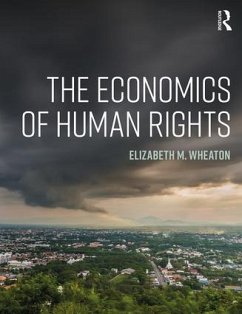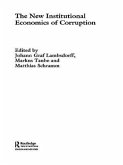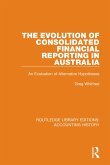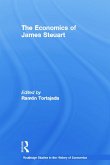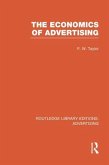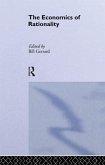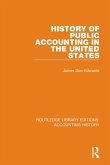Economics plays a key role in human rights issues as decision-makers weigh the incentives associated with choosing how to use scarce resources in the context of committing or escaping human rights violence. This textbook provides an introduction to the microeconomic analysis of human rights utilizing economics as a lens through which to examine social topics including capital punishment, violence against women, asylum seeking, terrorism, child abuse, genocide, and hate. Whether analyzing the decisions made in capital punishment cases, the causes and consequences of genocide, or the impact of terrorist acts on domestic and international decision-making, the science of economics provides tools and a systematic method of analysis and policy recommendation. This key text presents a method for integrating the social sciences of economics and human rights to create new opportunities for the investigation of social issues. Within each chapter, readers gain a fundamental understanding of a specific human rights issue, the decision-makers and the decision-making process involved, and the benefits and costs leading to the decisions. Experts on each issue, drawn from a variety of fields, contribute to each chapter and present first-hand accounts and different perspectives on each issue. The detailed analyses and accounts provided also explore the potential incentives involved in the prevention and termination of human rights violations. Aiming to further economic inquiry and enhance interdisciplinary research, this textbook serves as a multi-purpose guide for a range of readers. Students, researchers, and educators, as well as those working in organizations supporting victims of human rights violations and policy-makers facing human rights challenges, will find this book informative and engaging.
Hinweis: Dieser Artikel kann nur an eine deutsche Lieferadresse ausgeliefert werden.
Hinweis: Dieser Artikel kann nur an eine deutsche Lieferadresse ausgeliefert werden.

